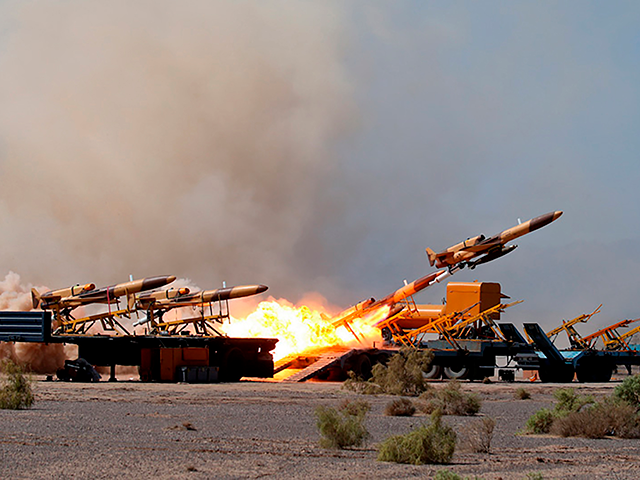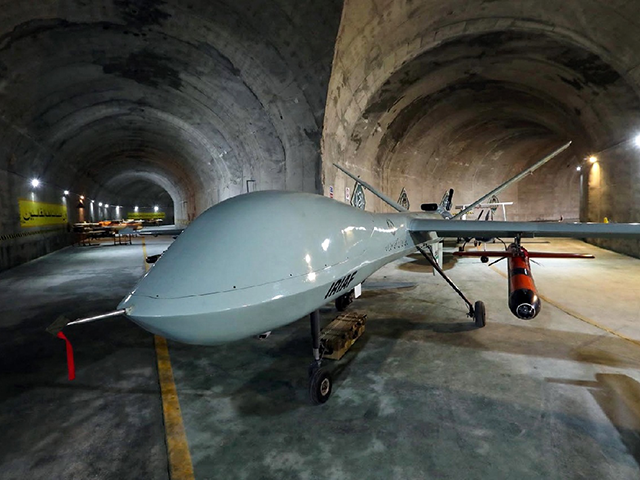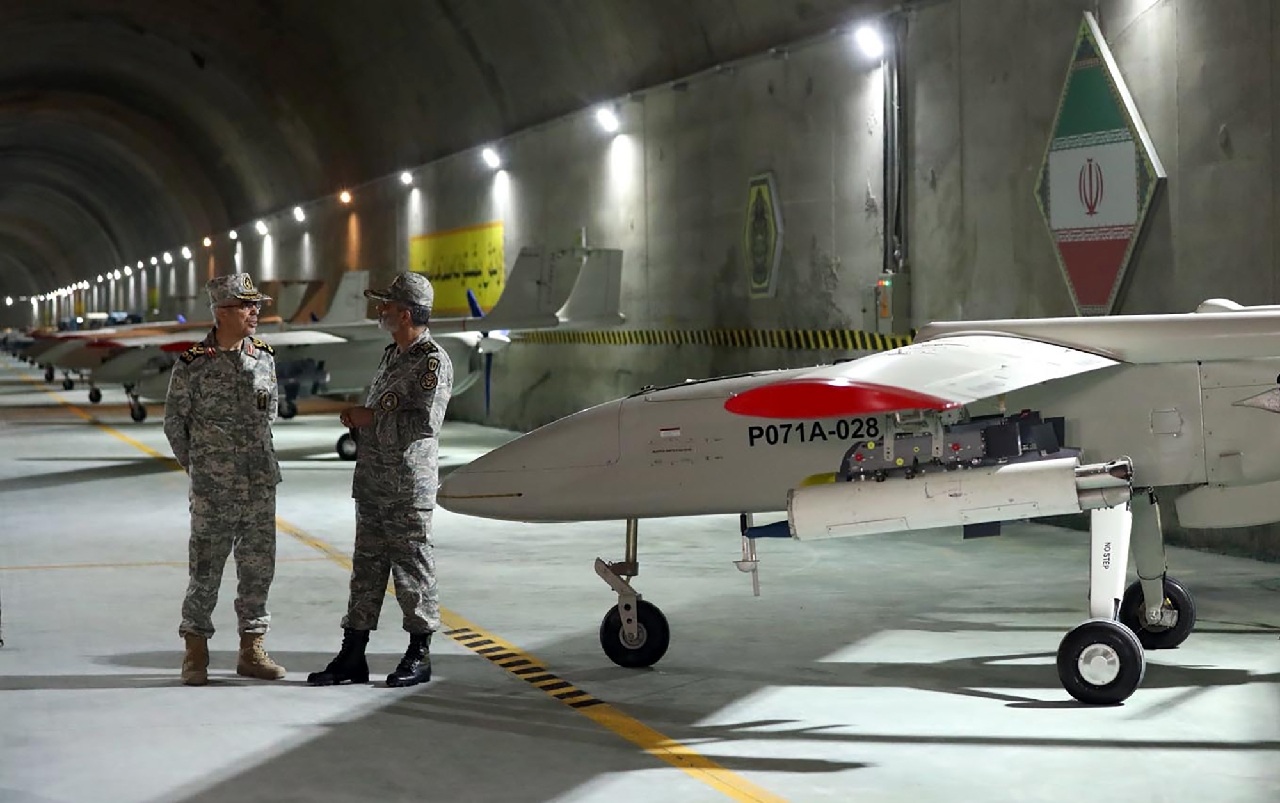Russia took delivery of its first shipment of Iran-built drones two weeks ago, and is reportedly encountering serious technical issues with the weapons as it tries to deploy them against Ukraine.
U.S. intelligence agencies first began warning about a possible Russian purchase of armed Iranian drones in July, an allegation buttressed by satellite images that showed Russian officials checking out Iranian unmanned aerial vehicles (UAV) at an airfield south of Tehran.
The Kremlin refused to comment on these reports, while the Iranian Foreign Ministry denied them.
In early August, U.S. officials said Russian personnel were training in Iran to pilot drones capable of launching precision-guided missiles.
According to intelligence data shared with the Washington Post on Monday, the first Russian transport planes loaded with Iranian drones and munitions departed for the front lines in Ukraine on August 19. Hundreds more will allegedly be shipped in waves, as Russia scrambles to blunt Ukraine’s significant edge in drone weapons. Iranian technicians accompanied the shipments to help get the drones up and running.
After a few weeks of attempting to deploy Iran’s Mohajer and Shahed models of attack drone and encountering numerous technical difficulties, the Russians are “not satisfied,” as a security official from a government allied with the United States told the Washington Post.
“There are a few bugs in the system,” the official observed dryly.

Iranian military unmanned aerial vehicles (UAVs or drones) at an underground base in an undisclosed location in Iran. (AFP)
The Russians are, of course, keeping mum about the problems they have been encountering with Iran’s hardware, but the Associated Press (AP) reported “numerous failures” have occurred.
Military analysts told the Washington Post that Iran’s drone production capability is “robust,” and Iranian hardware has done some damage in the hands of terrorist proxies like the Houthi insurgents of Yemen, but the Iranian systems have never fared well against top-shelf electronic jamming and anti-aircraft weapons.
Saudi Arabian and U.S. forces have shut down Iranian drone swarms launched from Yemen and the Ukrainians are evidently providing an “intense environment” for Russia’s imported UAVs, as Michael Knights of the Washington Institute for Near East Policy put it.

In this photo released by the Iranian Army on Thursday, Aug. 25, 2022, a drone is launched in a military drone drill in Iran. (Iranian Army via AP)
Newsweek noted that if reliability issues can be resolved, Iran’s top-of-the-line Shahed-129 – a design allegedly reverse-engineered from an American Predator drone that crashed in Iran years ago – is potentially capable of flying farther and carrying more ordnance than the Bayraktar TB2, the Turkish-made drone that performed so well against invading Russian forces that Ukrainians are singing campfire songs about them.
Iranian officials refused to comment on the reports of drone hardware failure, while the Kremlin on Tuesday denounced them as “informational attacks.”
“As for our relations with Iran, as you know they are developing dynamically,” Kremlin spokesman Dmitry Peskov grumbled to reporters.
The Associated Press speculated last week that massive drone sales to Russia might finally be enough to slow the Biden administration’s mad dash to revive the Iran nuclear deal:
The reported shipment marks the latest sign of what appears to be closer military cooperation between the longtime allies [Iran and Russia].
It also underscores warnings from critics of the ongoing negotiations for Iran to resume its compliance with the 2015 nuclear deal that the United States left in 2018. An agreement for Iran and the US to return to the deal, which would grant Iran billions of dollars in sanctions relief in return for curbs on its nuclear program, is inching forward.
Opponents of a deal say lifting sanctions on Tehran could enable Russia to strengthen its war effort in Ukraine and circumvent penalties imposed after the February invasion by funneling oil and other products through Iran.
At the very least, it would seem awkward for the Biden administration to pump billions of dollars into Iran’s war machine, only for Tehran to use some of the funds to crank out more drones for sale to Moscow so it can win the war against Ukraine that the U.S. government has so ardently denounced.
The Iranians have already said they will not slow their march to nuclear power, no matter what concessions the Biden administration hands them, so they probably will not look favorably on desperate U.S. pleas to stop exporting drone weapons.


COMMENTS
Please let us know if you're having issues with commenting.